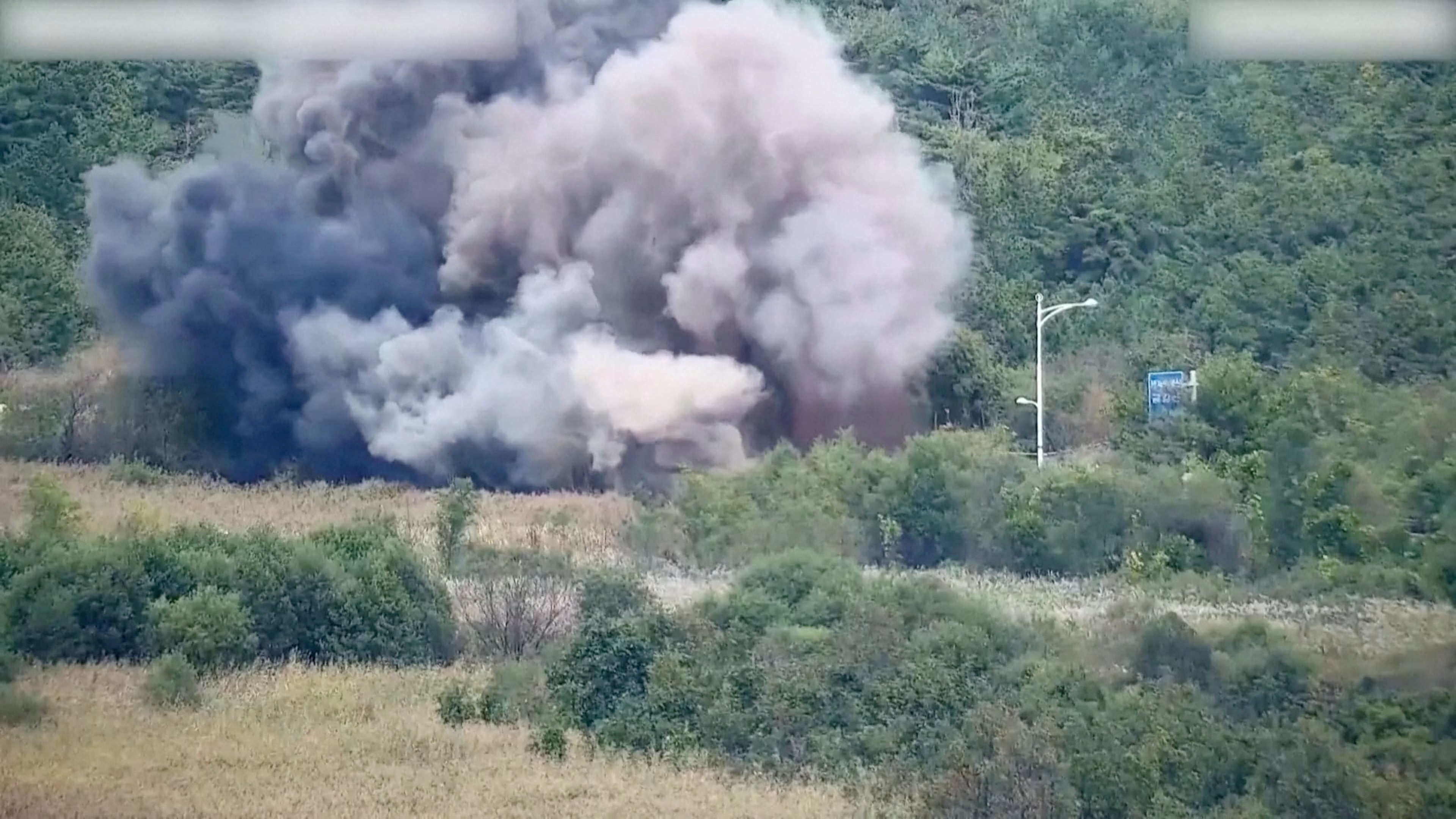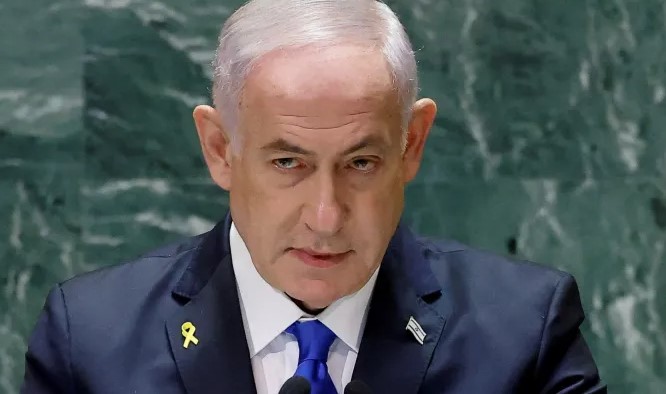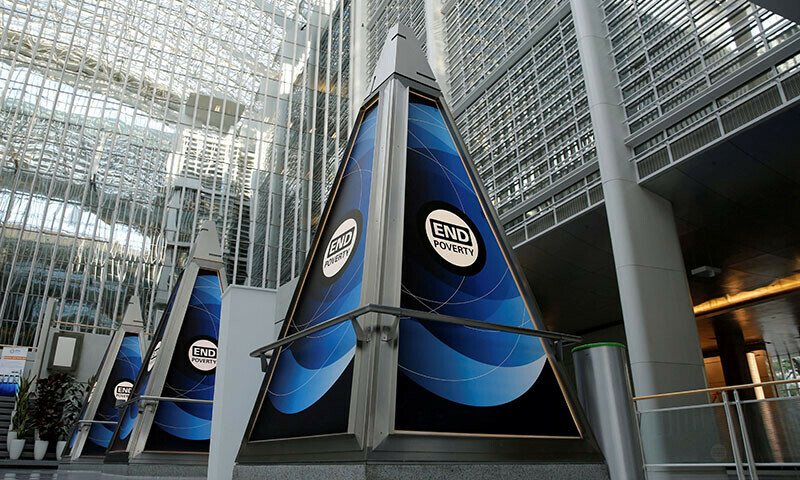WORLD NEWS

North Korea escalated tensions with South Korea on Tuesday by blowing up sections of inter-Korean roads and rail lines along its side of the heavily fortified border. This aggressive act prompted the South Korean military to fire warning shots in response, signaling a significant deterioration in cross-border relations.
Destruction of Infrastructure
The South's Joint Chiefs of Staff (JCS) reported that the destruction occurred around midday, with video evidence showing explosions and plumes of smoke rising from the targeted areas. In an earlier statement, North Korea had announced plans to sever inter-Korean transport routes entirely, further fortifying its side of the border as part of its newly declared objective for a "two-state" system, which dismisses the longstanding goal of unification.
Koo Byoung-sam, spokesperson for South Korea's unification ministry, condemned the demolition as a "clear violation" of past inter-Korean agreements, labeling it as "highly abnormal" behavior. "It is deplorable that North Korea is repeatedly conducting such regressive behaviour," he added.
Rising Tensions
The situation has been exacerbated by mutual accusations between the two Koreas. Last week, North Korea accused Seoul of deploying drones over Pyongyang, claiming they scattered anti-North Korean leaflets. Kim Yo Jong, sister of North Korean leader Kim Jong Un, issued a stern warning, asserting that Seoul would "pay a dear price" for its alleged provocations.
The South Korean government has remained tight-lipped about the accusations concerning the alleged drone activity. In addition to the drone incident, the two Koreas have clashed over balloon launches, with North Korea responding to anti-regime balloons sent by activists in the South.
Historical Context
This latest aggression is part of a broader shift in North Korea's stance toward the South, with Kim Jong Un's regime redefining South Korea as a "primary foe" earlier this year. Since the 1950-53 Korean War ended in an armistice, the two Koreas have remained technically at war, making the destruction of cross-border infrastructure particularly poignant.
The roads and railways that have now been destroyed were once symbols of reconciliation, built with significant investment from South Korea—over $132 million in loans aimed at rebuilding inter-Korean connections following a historic summit in 2018. Koo emphasized that North Korea remains obligated to repay these loans.
Reactions and Future Implications
The recent demolitions echo North Korea's previous aggressive actions, including the 2020 destruction of a joint liaison office in a border town after nuclear talks with the United States collapsed. In response to these provocations, the South Korean government has filed a lawsuit seeking damages of around 45 billion won ($33 million) for the office's demolition.
Chinese foreign ministry spokesperson Mao Ning expressed concern over the developments, urging both sides to avoid further escalation. Meanwhile, South Korea's Gyeonggi Province announced plans to deploy a special police force to address the balloon launches of anti-North Korea leaflets, which have sparked debate over freedom of speech versus public safety.
As tensions continue to rise, the situation on the Korean Peninsula remains precarious, with both sides seemingly entrenched in their positions, and prospects for dialogue growing increasingly remote.




